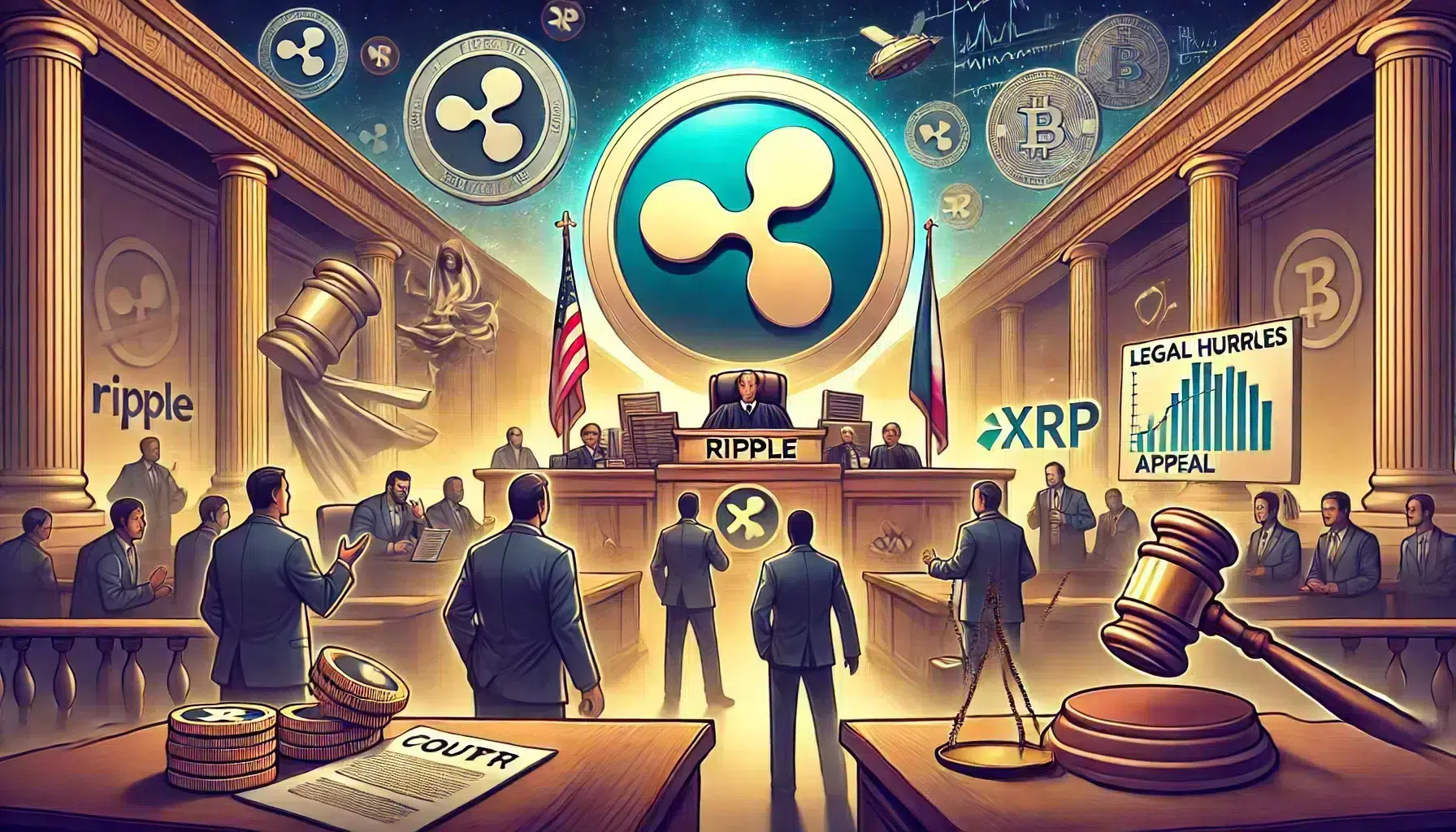Pro-XRP Lawyer Highlights Legal Wins Against SEC’s Crypto Stance
- Pro-XRP lawyer Bill Morgan emphasizes courts reject SEC’s stance that crypto tokens are securities.
- Bill Morgan highlights growing judicial resistance to the SEC’s “embodiment theory” in crypto cases.
Bill Morgan, a pro-XRP lawyer, pointed out that Judge Torres, who presided over the SEC vs. Ripple case, made an important distinction by reminding the SEC that the Ripple token (XRP) itself is not a security. This is a pivotal moment in the legal struggle because it directly questions the SEC’s position on the nature of cryptocurrencies.
Judge Torres in SEC v Ripple told the SEC that the XRP token itself is not a security /1 pic.twitter.com/XpjbaJbdsl
— bill morgan (@Belisarius2020) August 29, 2024
Judges Orrick and Jackson Deliver Blows to SEC’s Crypto Token Classification
Judge Orrick added to this discussion in the SEC vs. Payward Inc. (Kraken case), sending a strong message to the SEC. He used an analogy, saying, “Orange groves are no more securities than cryptocurrency tokens are.” Orrick stressed the necessity of distinguishing between the nature of the cryptocurrency asset and its sales.
He cautioned the SEC, “The SEC should be careful going forward to maintain this distinction.” He went on to say that if the SEC continues to assert that individual tokens used in Kraken transactions are investment contracts or securities, their case will fall flat.
In another significant case, SEC vs. Binance, Judge Jackson flatly rejected the SEC’s “embodiment theory,” which holds that a crypto token is the embodiment of an investment contract.
Jackson’s rejection of this notion demonstrates a rising judicial unwillingness to accept the SEC’s expansive reading of securities rules as they apply to digital assets. Contrary to the SEC’s arguments, the pattern developing from these cases implies that courts are unlikely to consider the crypto asset itself to be a security.
This begs the issue of how many more judicial comments like these are required before the SEC abandons its failed embodiment hypothesis. The courts continuing rejection may eventually force the SEC to reevaluate its approach or face the reality that the judiciary is unlikely to support its sweeping interpretations.
On the other hand, as we previously reported, legal expert Fred Rispoli has made a fascinating point about the financial ramifications for the SEC if Ripple wins on all grounds in their court case.
He questioned whether the SEC would have to pay statutory interest, which might create a precedent for how penalties are handled in future cases. This possible financial impact on the SEC may influence its approach in ongoing and future cryptocurrency cases.
Furthermore, according to CNF, OpenSea, the largest NFT platform, has gotten a Wells notice from the SEC, indicating future enforcement action. The platform has committed to fighting the SEC’s argument that NFTs are securities, allocating $5 million to its legal defense.
No spam, no lies, only insights. You can unsubscribe at any time.




Post Comment